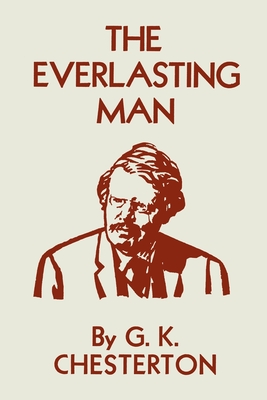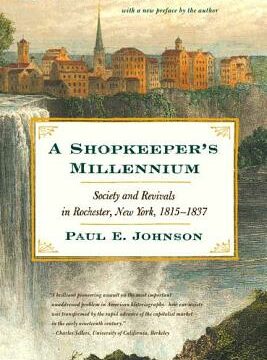Description
2021 Reprint of the 1925 Edition. The Everlasting Man is a one of Chesterton’s better-known works in Christian apologetics. It is, to some extent, a deliberate rebuttal of H. G. Wells’ The Outline of History, disputing Wells’ portrayals of human life and civilization as a seamless development from animal life and of Jesus Christ as merely another charismatic figure. Chesterton detailed his own spiritual journey in Orthodoxy, but in this book he tries to illustrate the spiritual journey of humanity, or at least of Western civilization. The author Ross Douthat credits that, “Chesterton’s somewhat loosey-goosey outline of history doubles as the best modern argument for Christianity I’ve ever read. You have to give in to the Chestertonian style, but if you do, be careful – you might just be converted.
C. S. Lewis credited The Everlasting Man with “baptizing” his intellect, much as George MacDonald’s writings had baptized his imagination, so as to make him more than half-converted well before he could bring himself to embrace Christianity. In a 1950 letter to Sheldon Vanauken, Lewis calls the book “the best popular apologetic I know,” and in 1947 he wrote to Rhonda Bodle: “the [very] best popular defense of the full Christian position I know is G. K. Chesterton’s The Everlasting Man.” The book was also cited by The Christian Century in a list of 10 books that “most shaped [Lewis’] vocational attitude and philosophy of life.”
Contents: Part I: On the creature called man — I. The man in the cave — II. Professors and prehistoric men — III. The antiquity of civilization — IV. God in comparative religion — V. Man and mythologies — VI. Demons and philosophers — VII. The war of the gods and demons — VIII. The end of the world — Part II: On the man called Christ — I. The God in the cave — II. The riddles of the gospel — III. The strangest story in the world — IV. The witness of the heretics — V. The escape from Paganism — VI. The five deaths of the faith.


Reviews
There are no reviews yet.